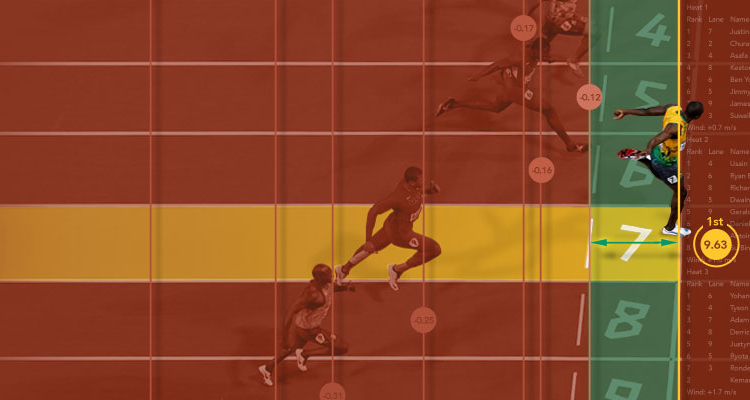How to get the betting advantage cricket betting
The fundamental obstacle facing serious betters is to achieve an advantage over whoever places their bet, be it a turf accountant, exchange, or a casino. In terms of gambling, this is called “getting an advantage,” and if you want to be a profitable gambler, you need to understand what this means. This article describes how to get your betting advantage.

Margin Between failure and success
The margin is slim between success and failure. The difference between making a profit or losing money in betting is also variable; it merely depends on which turf accountant, you want to bet.
Although profit is the basis for making money, a large part of gamblers is unaware of their effect. There is a detailed discussion of profit margins on Pinnacle because it provides the lowest profit margin and therefore provides bettors with a higher chance of winning.
Although margins are central to money-making, a large percentage of bettors are unaware of their effect. If a turf accountant provides the lowest margins will give bettors a higher chance of winning.
It is explainable by looking at the different profit margins of the long-term profit and loss balance ratio.
Knowledge is the key
When you grasp the margins, you can determine the advantages that the turf accountant has over you. Now you have to find ways of counteracting the advantage. Find markets in which you know better than the oddsmaker is the only way to leap over the bookie.
There are no magic bullets here. Turf accountant is experienced and has massive data at their fingertips-but they also have drawbacks. A niche market is a perfect example of this. Turf accountant usually gives small leagues or newness markets as marketing strategies to distinguish, accelerate growth, or gain attention in new target territories from competitors. Not because they’re such field experts.
You are not in a position to understand the complexities of Russian women’s volleyball in the third division, but there’s no excuse you can’t become an expert in those areas where the expertise of turf accountant is low.
The Olympics is a good example. Oddsmakers trying sports, they have little experience with or useful data. Betting limits may be small, but this should take as a possible indication of the lack of confidence in the book itself.
To listen for any indication of what is happening or will happen
Knowledge is important, but it does not ensure success alone. If the knowledge you have learned is already well-known, it will integrate into the results. The actual value comes from details as close to the source as possible. It also came from the original or most reliable source.
Here, Twitter has opened up new possibilities, facilitating the spread of knowledge. However, the time it takes for information to become common knowledge is likewise accelerated. The amount of rumor, speculation, and noise has also increased.
Good examples of having an advantage by timely information would be finding accurate Twitter feeds that may be leaking team rosters, weather, pitch conditions, injury news, or club finances. See Cases below:
Case 1: Kettering forced to field ten players in a home game of the Southern Premier League versus Bashley on 6 October 2012. Players had given an ultimatum on unpaid wages running out before the game. The word came out as the chances of Bashley continuously contract. Kettering lost 7-0; two draws and two single goal defeats had resulted in their previous four home games.
Case 2: Mascot Grand National is an annual hurdle race between sporting mascots in England, with many turf accountants offering odds. Of course, the focus is on entertainment, so entry conditions are loose. However, a lot of money has made with the landing of several big gambles. Freddie the Fox won in 2001 but later disqualified after he found to be an Olympic hurdler, while in 2005, a massive bet made on The Sun newspaper’s Scoop 6 Squirrel. The effect of ‘ringers’ on the Mascot Grand National boycotted the race in 2011.
Bettings beyond conventional.
Given the opportunity, would you choose to gamble on the result of an incident that was known or unknown – but not too many people? The former is more desirable.
Any award falls under that category. And before the award is announced you have to find ways to see the winner’s envelope inside. Leaks in detail, sometimes involuntarily, sometimes non-verbally.
Case 3: The recent appointment of the Archbishop of Canterbury by the Church of England offers an excellent example of how potentially sensitive information can prove to be porous. Also, a respected institution such as the C of E couldn’t stop news getting out to the point the market closed early.
The outcome is often not understood but is entirely predictable due to motivation. Think of reality TV series, where the only focus is not the talent. Equally significant is a tendency for conflict, so look beyond the narrow boundaries of competition and study issues such as program ratings and channel rivalry.
Correlations between two vectors
Ultimately, for betting the perception of cross-correlations or dependencies is important. If you equate poor weather with low rugby scores and research long-term forecasting, you can expect bad weather and focus on lowering betting total.
For potentially lucrative accumulators, you can go further and make your total bets. Nevertheless, it is important to note that when observing dependencies, correlation does not mean causality.





